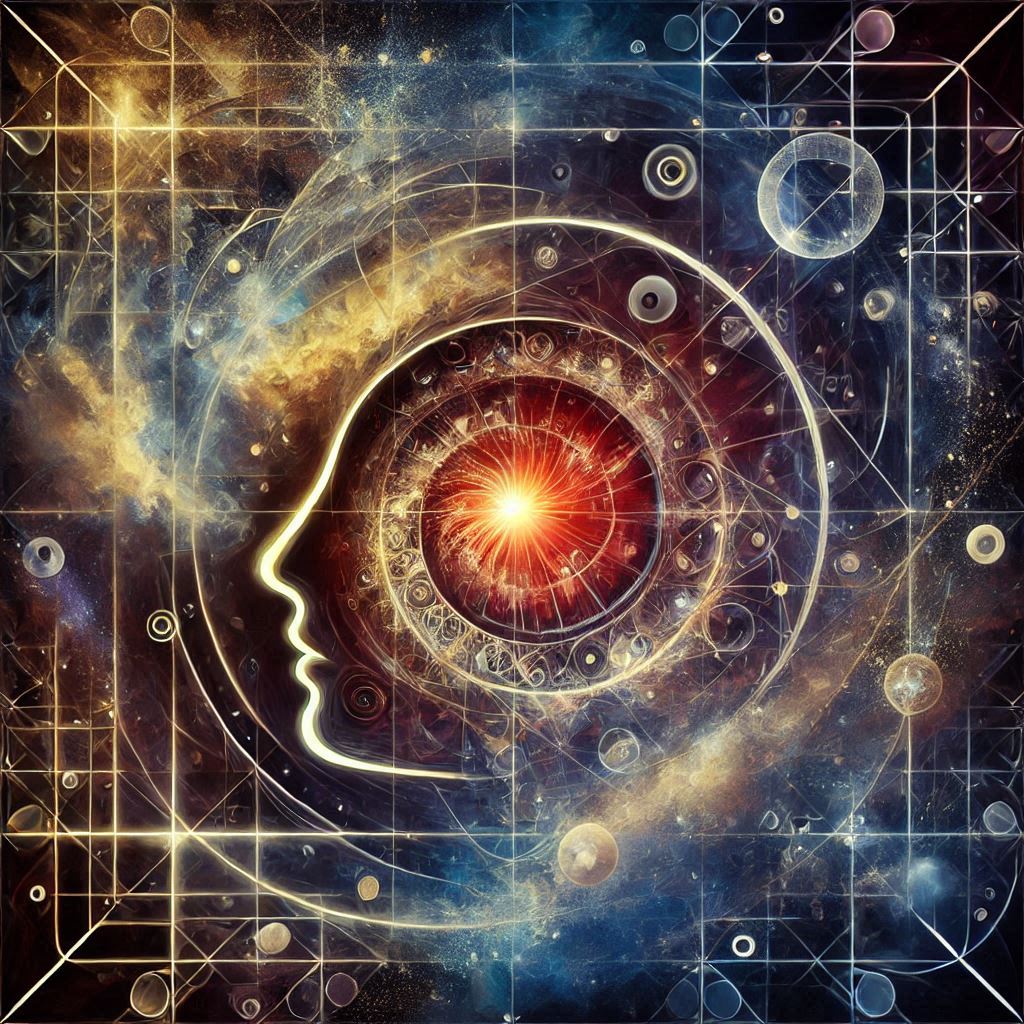Absolute truth is a difficult proposition, perhaps inherently unviable in this reality. At the very least we must admit that sometimes a thing can be both true and false in the same space and time and may even be meaningless from yet another perspective. Understanding can be a three-edged sword.
A statement can be true from one perspective and false from another. The same proposition, from yet another vantage point, might become meaningless.
A Cup on the Table
A cup can be on the left or right side of the table depending on where the observer is standing. It’s a simple matter of perspective wherein one party is right and the other is wrong, or they can both be declared correct by a mediator who is positioned in such a way that one claimant is to her left and the other to her right. The whole affair may be considered nonsense to someone for whom the cup is invisible, perhaps blocked by the toaster.
Often More to a Situation
Of course, we know two or more things can be true in a given situation. The cup is on the right and left side of the table per the two people on different ends of the room. It may also be on the north end of the table, but nobody bothered to wonder about that.
This is nothing earth-shattering. It’s hardly a paradox that would challenge one’s spiritual foundation.
A Bigger Picture
Replace perspective and vantage point with worldview and the stakes may suddenly rise.
Instead of referencing a cup on a table ask if during spontaneous astral projection the consciousness leaves the physical body from the crown or through the solar plexus chakra. Or consider whether the soul emerges with the child at birth of enters this world at some later stage through the path or portal of Tau.
Importantly: I am not championing the New Age maxim of “everybody has their own truth”. That is a different issue, wherein I get to have my truth about the world and you can have yours and someone else gets to claim yet another truth and we’re all right. This is inherently absurd.
Sometimes we are just wrong, mistaken, incorrect, etc. I once got a letter wrong in a spirit’s name during a conjuration. A spirit indeed answered my call, but unsurprisingly things did not go as planned during the ritual and thereafter with the created talisman.
No amount of fuzzy-bunny wishing could have corrected the issue, for the wrong entity had been put to the task at hand. The whole process needed to be repeated with the correct name in use.
Is Reality Really Relative?
Returning to the cup, is it half empty or half full? It may depend on who you ask.
In the philosophy of magic it is bad form to attempt to relegate something out of relevance by adding a diminisher like “merely” to the word subjective. Subjective reality is still reality, so that nothing is merely subjective.
The Paradox

In magic studies paradox is everywhere. I this very article I have at once discussed the reality of a relative truth while also telling you it’s silly to presume we can all have different versions of reality and each be correct.
By definition this content is paradoxical, or consisting of contradictory elements. What can I tell you?
Paradox is part of the landscape for all who come to the study and practice of magic. For example: you must know exactly what you want, see it clearly and impress this vision upon the energy of your work, but at the same time be open and ungrasping to allow the magical currents you unleash to have the flexibility to produce results in unexpected ways.
This is similar to the martial artist’s advocacy of stillness in motion. How can one be still and in motion?
In the movie Raising Arizona a flustered bank customer is caught in the midst of an armed heist. Pointing shotguns, one robber demands “freeze” while the other orders “drop”. Expressing his frustration to the robbers the customer pointed out “if’n I freeze I can’t rightly drop and if’n I drop I’m a gonna be in motion.”
How in the world can one be still in motion, as Bruce Lee and others have suggested?
The body moves resolutely and forcefully while the mind remains empty and still. Or, the frame is in fast, direct motion while underlying postures like a straight spine or a specific fist are as-if made of stone and unmoving.
Often what seems paradoxical is the result of artistic or abstract terminology, which can be useful for quickly and succinctly conveying potentially complex ideas. Other times it will seem that two contradictory states or ideas exist in the same space or entity.
Become comfortable with paradox and train your intuition to be an effective guide, for some of what you read when studying magic is more poetic than technical. Some magical ideas are difficult to communicate in mundane terms or linear structures, and we must be able to feel the information rather than decipher it intellectually.
The Three-Edged Sword
Understanding, we are told, is a three-edged sword. There is individuality, duality, and in the middle is the truth.
Put another way, there is your side, their side, and the truth.
Still another meaning of the three-edged sword can be there is what you know, what you do not know, and from these come truth. Also expressed as what I know now, what I will know, and the resultant truth.
